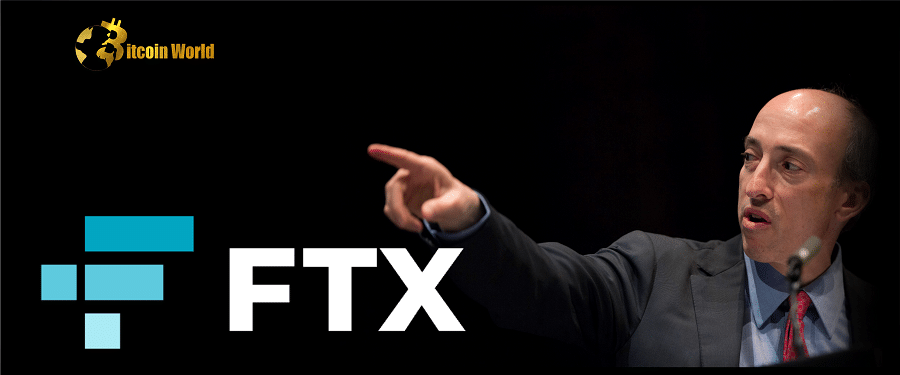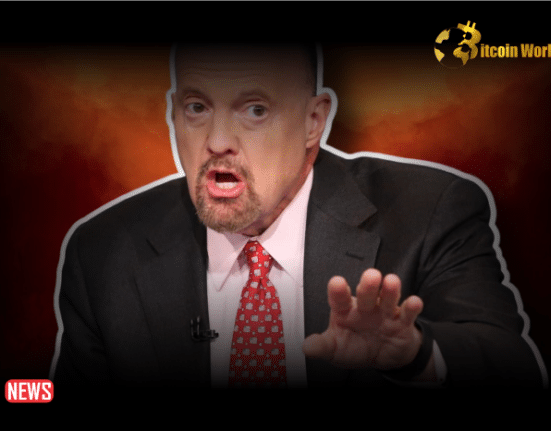Democrat Representative Ritchie Torres has asked the U.S. Government Accountability Office (GAO) to investigate whether the Securities and Exchange Commission and chair Gary Gensler were responsible for the FTX collapse.
Torres notes that the SEC cannot claim to be the sole regulator of the crypto industry while avoiding responsibility for industry meltdowns like the one at the Bahamian exchange FTX.
Torres wrote a blunt letter to GAO head Gene Dodaro.
“When it comes to FTX, Chair Gensler fundamentally failed as a regulator, and he has no one but himself to blame,” he declared.
He also asked Dodaro and the GAO to investigate whether Gensler’s HR mismanagement has weakened the SEC’s investor protection.
The Congressman added that the agency’s investment in Kim Kardashian’s promotion of a scam cryptocurrency contradicted its commitment to investor protection. Financial due diligence on FTX would have been better used.
Torres claimed the SEC could have exposed FTX sooner if they had allocated more resources to it.
“An independent review is needed and warranted given the magnitude of the regulatory failure surrounding the FTX saga,” he concluded.
Torres proposed a bill requiring cryptocurrency exchanges to disclose proof of reserve regularly.
Democrat Tom Emmer has also criticized Gensler’s “indiscriminate and inconsistent” crypto regulation. Earlier this year, several crypto companies complained to Emmer that Gensler’s disclosure requests hindered innovation.
On Nov. 26, 2022, Emmer noted that Gensler’s regulatory methods had missed Terra/LUNA, Celsius, and FTX’s 2022 failures.
SEC Chair Gary Gensler’s regulation-by-enforcement approach has been criticized for not clarifying compliance. He claims securities laws provide crypto companies with compliance guidance. They authorize civil enforcement actions by the SEC for noncompliance.
Gary Gensler told Yahoo Finance on December 6, 2022, that the “Runway is getting shorter” between crypto companies’ compliance and civil enforcement actions and that the SEC had enough authority to adjudicate the space.
Politicians disagree with Gensler’s claim that the SEC controls the industry. Crypto-skeptic Senator Elizabeth Warren is drafting a bill to expand the agency’s jurisdiction.
Warren said a new digital currency bill must protect consumers days after FTX collapsed.
Critically, she added that while the SEC could exercise its existing authority more broadly, the industry needed Congress to pass additional laws.
The senator’s new bill requires crypto companies to disclose audited financial statements. They also needed a minimum capital level to honor customer withdrawals.
Senate Banking Committee Chair Sherrod Brown has warned against rushing new legislation out of concern that the crypto industry would heavily influence it.
The reluctance of Gensler and Brown reflects the challenges a highly polarized Congress faces in passing new legislation. Regrettably, this may drive crypto companies offshore, exposing more American investors to lightly-regulated companies.
Despite engaging in talks with U.S. regulators, crypto lender and exchange Nexo announced on December 5, 2022, that it would exit the U.S. market because of a lack of regulatory direction.














